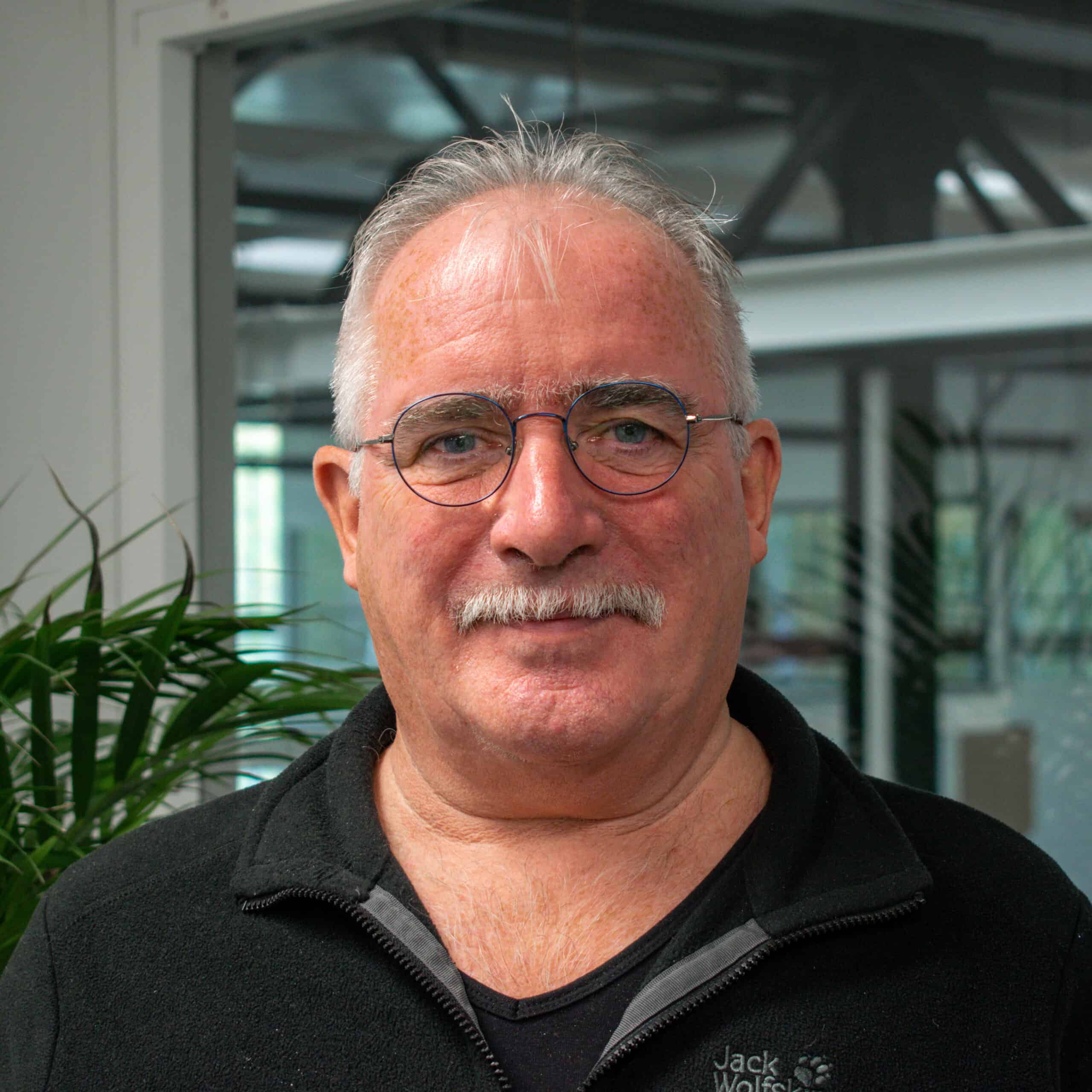
It sounded too good to be true. The Netherlands is getting rid of natural gas. The first problems are already presenting themselves. In the Overwhere-Zuid suburb of Purmerend, the transition to natural gas-free housing is already being held up. Over the next two years, 1,276 buildings should be taken off natural gas there. The solution could well come from Delft. It was shown in the trial setup The Green Village, that Dutch homes and buildings have an excellent sustainable alternative with the installation of a solar heating network.
The government has earmarked almost 100 million euros for the removal of natural gas from homes. There are pilot projects running in 19 municipalities in which all kinds of techniques are being tested. The Delft University of Technology (TU Delft) has its own experimental garden for alternative energy for residential buildings, as mentioned, The Green Village. A concept was developed there for the sustainable heating of homes for an entire neighborhood, without the need for an external heat source.
A consortium of scientists, institutes, and organizations has worked out this concept technically for the existing “Ramplaankwartier” suburb in Haarlem and has calculated the financial costs involved. The consortium is made up of TU Delft, Deltares, Greenvis, the SpaarGas Foundation together with the municipality of Haarlem, Triple Solar, Fortes Energy Systems, the WarmteTRansitieMakers, and the ENGIE energy company.
What is known as the ZONNET district energy system that was developed in Delft comprises PVT panels (solar panels that generate both heat and electricity) on the roof, a very low-temperature heat network linked to an underground heat/cold storage facility, and a heat pump in every home. This is how the homes are provided with hot water, heating in winter, and cooling in summer in an energy-neutral way.
Smart distribution of heat
A special supply unit, a box with pipes, pumps, and valves, ensures that the heat from the heat supply network and the PVT panels is used optimally. That is TU Delft’s description of the system. In summer, all surplus PVT heat from the network is stored in the underground storage facility. In between seasons, heat is supplied both by the PVT panels and by the network from the heat/cold storage facility. In winter, the heat is mainly supplied from the heat/cold storage facility, which allows the heat pump to achieve high levels of efficiency. A test setup of the solar heat network has been built and successfully tested in The Green Village at TU Delft.
Design is ready for a sustainable solution in residential areas
The results of the study in Haarlem and of the test setup in Delft are compelling according to TU Delft. For example, not only has the number of PVT panels required per dwelling been determined, but also the required temperature levels for heat storage and heat distribution. Furthermore, it was tested how all the control units can function in a stable manner with each other. Based on this, it was concluded that the system works well in a technical capacity and that sufficient heat is provided to the homes in the neighborhood all year round through the use of the panels and the solar heat network. Electricity generated from the panels is sufficient for the heat pump to function effectively. The system is therefore energy-neutral in terms of heat supply.
No variable energy costs
The construction of this kind of system will require a substantial investment, TU Delft asserts. However, in return, that is all it will take. This means that after just a few years, it will be cheaper than heating with gas or another alternative energy source. Of course, there are still costs involved for maintenance and eventual repayment installments. It is also crucial that enough people in each neighborhood also have to be willing to take part.
The results of the research are presented on the www.zonnewarmtenet.nl website as well as more detailed information about the solar heat network. A workshop on ZONNET will be held tomorrow, Friday, December 11 from 11:00-11:45 am during the ‘‘Warmteweken” (‘National Heating Weeks’) event.








